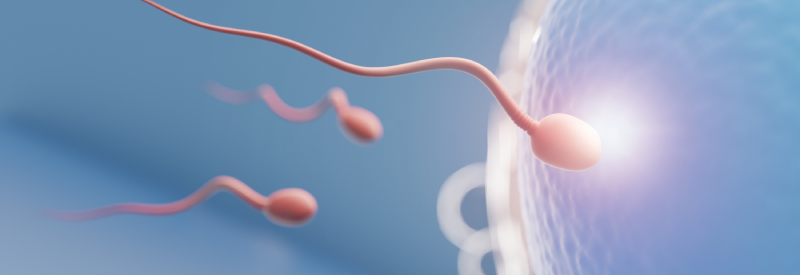
Fertility Treatments
1. IUI (H) – Intrauterine Insemination with Husband’s Sperm
Definition: IUI (H) is a fertility treatment in which a processed sample of the husband’s sperm is placed directly into the woman’s uterus around the time of ovulation.
Process:
- Ovulation is monitored (with or without fertility medications).
- Semen sample is collected from the husband.
- The sperm is “washed” (to separate healthy, motile sperm).
- Using a thin catheter, sperm is placed inside the uterus.
When Used:
- Unexplained infertility.
- Mild male factor infertility (low sperm count or motility).
- Cervical factor infertility.
Advantages: Simple, less invasive, and affordable compared to IVF.
2. IUI (D) – Intrauterine Insemination with Donor Sperm
Definition: IUI (D) is the same procedure as IUI (H), but it uses donor sperm instead of the husband’s.
Process:
- Donor sperm is selected (from a certified sperm bank).
- The sperm sample is thawed, processed, and placed inside the woman’s uterus during ovulation.
When Used:
- Severe male infertility (no sperm or very poor quality).
- Genetic disorders in the male partner.
- Single women or same-sex couples wanting pregnancy.
Advantages: Provides a chance of pregnancy when the partner’s sperm is not suitable.
3. IVF – In Vitro Fertilization
Definition: IVF is a process where eggs are collected from the woman’s ovaries and fertilized with sperm outside the body in a laboratory. The resulting embryo is then transferred into the uterus.
Process:
- Ovarian stimulation with fertility drugs.
- Egg retrieval (minor surgical procedure).
- Sperm collection and preparation.
- Fertilization in the lab (egg + sperm in a dish).
- Embryo culture for a few days.
- Embryo transfer into the uterus.
When Used:
- Fallopian tube blockage/damage.
- Endometriosis.
- Severe male infertility.
- Failed IUI cycles.
- Unexplained infertility.
Advantages: Higher success rates than IUI; possibility of freezing embryos for future use.
4. ICSI – Intracytoplasmic Sperm Injection
Definition: ICSI is an advanced IVF technique where a single healthy sperm is directly injected into an egg under a microscope.
Process:
- Eggs are retrieved from the woman (as in IVF).
- A single sperm is selected and injected into each egg using a microneedle.
- The fertilized embryo is cultured and later transferred to the uterus.
When Used:
- Severe male infertility (very low sperm count, poor motility, or abnormal sperm).
- Previous IVF failure (poor fertilization).
- Use of frozen sperm or surgically retrieved sperm (TESE, PESA).
Advantages: Overcomes almost all male infertility problems; gives higher chances of fertilization.
